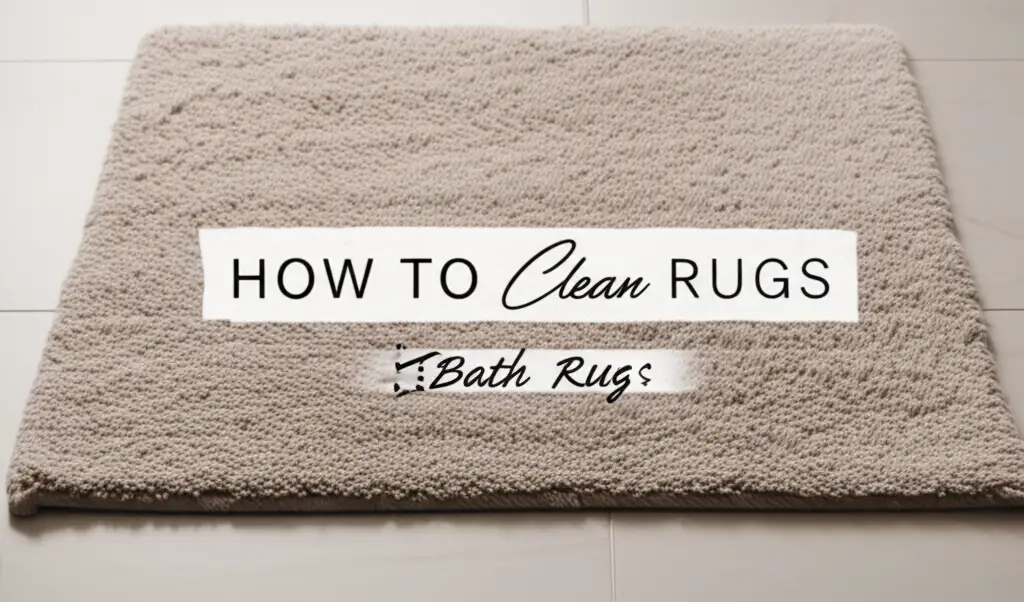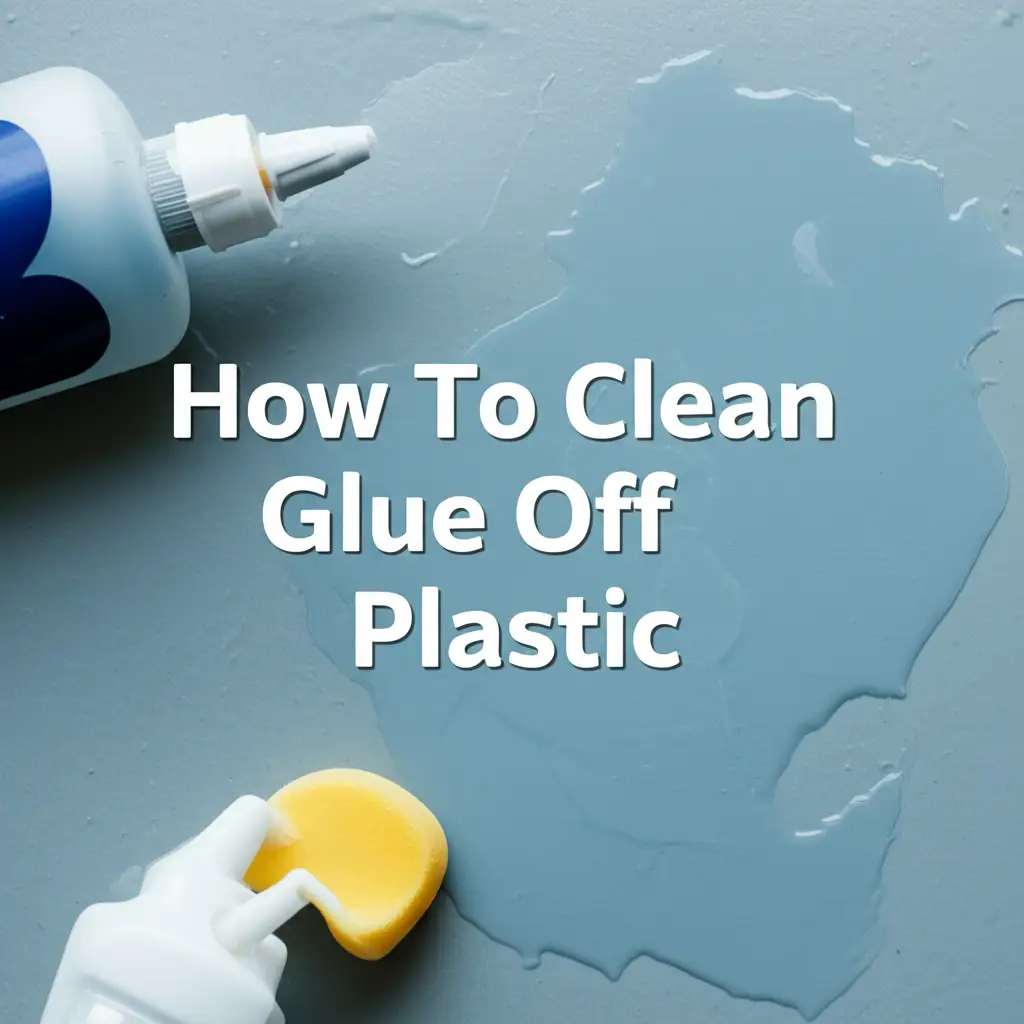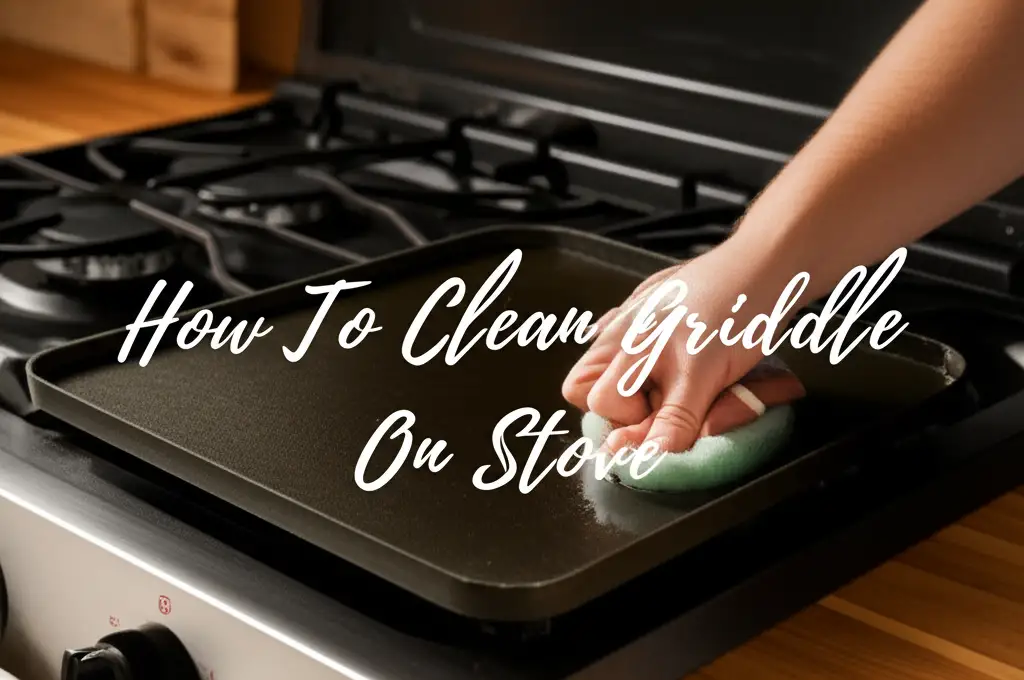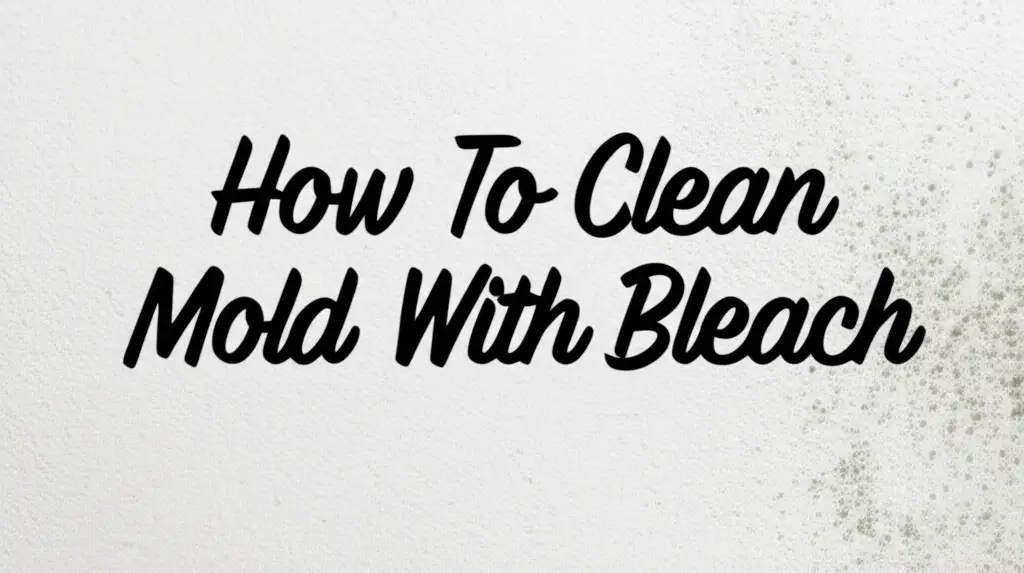· Home Cleaning · 15 min read
How To Clean Glasses Frames Plastic
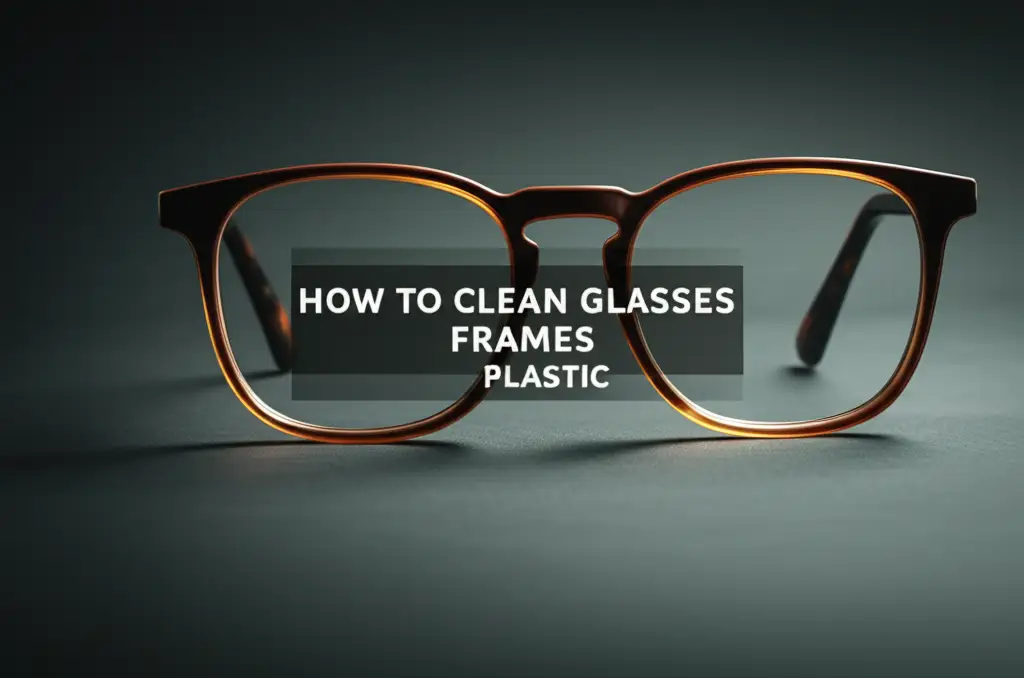
How to Clean Glasses Frames Plastic Effectively
Your glasses are more than just a tool for sight. They are a part of your daily look. Plastic frames offer comfort and style. They are also prone to dirt, oil, and grime. Over time, this buildup can make your frames look dull. It can even cause skin irritation. Knowing how to clean glasses frames plastic properly helps. It keeps your eyewear looking great. It also makes them last longer.
This guide will show you simple, effective ways to clean your plastic frames. We will cover the best tools and gentle cleaning solutions. You will learn a step-by-step cleaning process. We will also discuss how to handle stubborn stains. You will understand common mistakes to avoid. Finally, we will offer tips for daily care. Let’s make your glasses shine again.
Takeaway:
- Use mild soap and lukewarm water for cleaning.
- Always rinse frames thoroughly before drying.
- Avoid harsh chemicals or abrasive materials.
- Dry with a soft, lint-free microfiber cloth.
Plastic glasses frames gather dirt, oil, and sweat daily. To clean them, rinse with lukewarm water. Apply a small drop of mild dish soap. Gently rub the frames with your fingertips or a soft cloth. Rinse thoroughly to remove all soap. Then, dry them with a clean, lint-free microfiber cloth.
Why Regular Cleaning Matters for Your Plastic Frames
Regular cleaning is not just about looks. It is vital for hygiene and comfort. Your plastic glasses frames touch your skin all day. They collect natural oils from your face. They also pick up sweat, makeup, and dust. This creates a breeding ground for germs. Dirty frames can irritate your skin. They can even cause breakouts. Nobody wants that.
Clean frames feel better against your skin. They also look much better. A buildup of grime makes plastic look cloudy. It can even make your frames appear discolored. This takes away from their appeal. Clean frames maintain their original shine and color. They help you present your best self.
Keeping your frames clean also extends their life. Dirt and oils can degrade the plastic over time. They might cause the material to become brittle. Regular gentle cleaning prevents this. It helps the plastic stay flexible and strong. This means your favorite pair of glasses lasts longer. It saves you money in the long run. We all want our investments to last.
Think about the longevity of your frames. Plastic can scratch or wear down. Proper care slows this process. It protects the integrity of the material. This ensures your glasses continue to perform their function well. It also keeps them comfortable on your face.
Essential Tools and Gentle Solutions for Cleaning Plastic Frames
You do not need many tools to clean your plastic frames. The right items make a big difference. They ensure a safe and effective clean. Using the wrong products can harm your frames. It can damage the plastic or coatings. We want to avoid that entirely.
Here is what you will need:
- Lukewarm Water: This is the base of your cleaning solution. Avoid hot water, as it can warp plastic frames. It can also damage lens coatings.
- Mild Dish Soap: Choose a gentle, non-lotion dish soap. Many people prefer soaps without strong detergents. Soaps like Dawn are often recommended. Avoid harsh chemical cleaners. These can strip protective layers from your frames. They can also make plastic brittle over time.
- Microfiber Cloths: These are perfect for drying. They are soft and lint-free. They will not scratch your lenses or frames. Paper towels can leave fibers or scratch surfaces.
- Soft Brush (Optional): A very soft toothbrush can help. You can use it to clean tight spots. Areas around nose pads or hinges can gather dirt. Make sure the bristles are extremely soft.
What to avoid is just as important. Never use abrasive materials. Paper towels, rough cloths, or tissue can scratch plastic. Avoid harsh chemical cleaners. These include window cleaners, ammonia-based sprays, or anything with alcohol. These products are bad for your frames. They can remove lens coatings. They can also dry out or discolor plastic. For example, some strong cleaners can damage plastic surfaces, much like how specific harsh solutions might clean mold off plastic but also cause discoloration if not used carefully.
Always choose products made for eyewear. If you are unsure, stick to mild soap and water. This is the safest bet for all types of plastic frames. Using the right tools protects your investment. It keeps your glasses looking their best for years. Remember, gentle care is key for plastic.
Step-by-Step Guide to Cleaning Plastic Glasses Frames
Cleaning your plastic glasses frames is simple. Follow these steps for the best results. This method is gentle yet effective. It removes dirt without harming your frames. My personal experience shows this method works every time.
Rinsing Away Loose Debris
First, hold your glasses under lukewarm running water. Let the water flow over both the lenses and the frames. This washes away any loose dust or dirt. It is a very important first step. Do not skip this part. Rubbing dry frames can scratch them. The water acts as a lubricant.
Gentle Soap Application
Put a small drop of mild dish soap onto your fingertips. I usually use a pea-sized amount. Gently rub the soap onto your frames. Pay attention to the nose pads and earpieces. These areas collect the most oil and sweat. Use your fingertips to lightly scrub the plastic. Make sure you cover all surfaces of the frame. Do this for about 20-30 seconds.
Thorough Rinsing
Rinse your glasses again under lukewarm running water. Make sure to wash away all the soap. Soap residue can leave streaks. It can also irritate your skin. Check both sides of the lenses and all parts of the frame. Ensure no soap bubbles remain anywhere. This thorough rinsing is critical for a clear finish.
Air Drying or Soft Cloth Drying
Shake off excess water from your glasses. Then, use a clean microfiber cloth to gently dry them. Do not rub hard. Lightly blot and wipe until dry. Microfiber cloths are best because they are lint-free. They will not scratch your lenses or frames. You can also let them air dry if you prefer. Just place them upside down on a clean surface. Make sure no water spots form as they dry. This whole process takes only a few minutes. It makes a big difference in how your glasses look and feel.
Tackling Stubborn Stains and Buildup on Plastic Frames
Sometimes, simple soap and water are not enough. Plastic frames can develop stubborn stains. Makeup, hair products, or even glue can stick to them. These require a bit more attention. Do not despair. There are safe ways to deal with these issues. We need to be careful to avoid damaging the plastic.
For makeup or greasy buildup, try a slightly stronger approach. Mix a small amount of mild dish soap with lukewarm water. Make a slightly more concentrated solution. Dip a microfiber cloth into this mixture. Gently rub the affected areas. You may need to repeat this a few times. The soap helps to break down the oils and residue. This is similar to how you might approach removing general stains on plastic surfaces.
If you have sticky residue, like from an old sticker or tape, be very cautious. Do not try to scrape it off with your fingernail. This can scratch the plastic. Instead, try a tiny dab of rubbing alcohol on a cotton swab. Apply it only to the sticky spot. Rub gently. Alcohol can be harsh on plastic, so use it sparingly. It is a last resort. Rinse the area immediately afterward with water. This helps prevent any long-term damage. This method is like how one might carefully clean glue off plastic without harming the surface.
Another option for stubborn spots is a specialized eyewear cleaner. These are designed for lenses and frames. They are usually safe for plastic. Read the label carefully to ensure compatibility. Spray a small amount on the stain. Then, wipe it away with a microfiber cloth. Always follow the product instructions.
Remember, patience is key. Do not apply too much pressure. Aggressive scrubbing can damage the plastic. Work slowly and gently. Your goal is to lift the stain, not scratch the frame. With the right technique, your frames will look new again.
Common Mistakes to Avoid When Cleaning Plastic Frames
Cleaning plastic glasses frames seems easy. However, some common mistakes can damage them. Avoiding these pitfalls protects your investment. It keeps your glasses looking good for longer. I have seen many people make these errors.
First, never use harsh chemicals. This includes window cleaners, ammonia, bleach, or acetone. These substances are terrible for plastic. They can strip protective coatings from your lenses. They can also dry out, discolor, or even melt plastic frames. Think about how difficult it is to remove something like burnt plastic from an oven. Harsh chemicals can cause similar, irreversible damage to your frames at a chemical level. Stick to mild soap and water.
Second, do not use abrasive materials for cleaning. Paper towels, facial tissues, or your shirt can scratch the plastic. These materials contain wood fibers. These fibers are hard enough to create tiny scratches. Over time, these scratches accumulate. They make your frames look dull. They also make the plastic weaker. Always use a clean microfiber cloth. It is designed to be gentle on delicate surfaces.
Third, avoid hot water. Very hot water can warp plastic frames. It can also damage the special coatings on your lenses. Always use lukewarm water. It is warm enough to clean effectively. It is not hot enough to cause damage. This small detail can save your frames from warping.
Fourth, do not dry-wipe your frames. Always rinse them first. Rubbing dry frames with a cloth pushes dust and grit across the surface. This causes tiny scratches. Rinsing removes loose particles. It prepares the surface for safe cleaning.
Lastly, do not use saliva to clean your lenses or frames. Your saliva contains acids and enzymes. These can smear dirt. They can also degrade lens coatings over time. It is not a cleaning solution. Always use proper cleaning methods. By avoiding these common mistakes, you ensure your plastic frames remain in top condition.
Daily Maintenance and Long-Term Care for Plastic Eyeglass Frames
Proper cleaning is a good start. Daily maintenance and good habits ensure your plastic frames last. This goes beyond just washing them. It involves how you handle and store your glasses. Incorporating these tips into your routine will make a big difference.
For daily maintenance, a quick wipe is often enough. Use a clean, dry microfiber cloth. Gently wipe your lenses and frames. Do this a few times a day. It removes light dust and fingerprints. This prevents buildup. It keeps your glasses clear between deeper cleans. My routine involves a quick wipe every morning. This ensures a fresh start to my day.
Proper storage is also key. When you are not wearing your glasses, put them in a hard case. This protects them from scratches and accidental damage. Leaving them on a table or counter invites problems. They can fall. They can get stepped on. They can get scratched by other objects. Always put them in their case. This is a simple habit that saves your frames.
Avoid leaving your glasses in hot places. This includes car dashboards or direct sunlight. Heat can warp plastic frames. It can also damage lens coatings. Excessive heat is a common reason for frame distortion. My friend once left his glasses in a hot car. They warped so much he could not wear them.
If your frames feel loose, get them adjusted professionally. Do not try to bend them yourself. Plastic can snap if bent incorrectly. An optician has the right tools and training. They can adjust your frames safely. Regular professional adjustments keep your glasses comfortable. They also prevent damage from ill-fitting frames.
Consider using a specialized ultrasonic cleaner for a deeper clean. Some jewelers or opticians offer this service. These machines use sound waves to remove dirt. They are very effective. They can reach tiny crevices. This is an excellent option for a thorough clean every few months. By following these maintenance tips, your plastic frames will stay clean and comfortable for many years.
Understanding Different Types of Plastic Frames and Their Care
Not all plastic frames are exactly the same. Different types of plastic have slight differences in their properties. Understanding these can help you fine-tune your cleaning and care routine. While the general advice of mild soap and water holds for all, recognizing material nuances ensures even better longevity.
One common material is acetate. Acetate frames are made from cotton fibers. They are known for their rich colors and glossy finish. Acetate is quite durable. However, it can become brittle if it dries out. This usually happens with harsh chemicals or extreme temperatures. When cleaning acetate, focus on keeping it moisturized by using water. Avoid extended exposure to very dry environments. Regular gentle cleaning helps maintain its luster.
Another popular material is TR90. This is a thermoplastic material. TR90 frames are incredibly flexible, lightweight, and durable. They are less prone to breaking compared to some other plastics. Their flexibility makes them resistant to warping from minor heat exposure. Cleaning TR90 frames is very straightforward. The standard mild soap and water method works perfectly. Their resilience makes them easy to care for daily.
Nylon is another material used for sports eyewear. Nylon frames are very flexible, impact-resistant, and lightweight. They handle extreme temperatures well. They are often used in active lifestyles. Cleaning nylon frames follows the same principles. Their robust nature means they tolerate standard cleaning very well. They are less likely to scratch or degrade with regular use.
Some frames might combine materials. For instance, plastic fronts with metal temples. Always consider the most sensitive material when cleaning. If your frames have any decorative elements or coatings, be extra gentle. Avoid harsh scrubbing over painted or embellished areas.
No matter the specific plastic, gentle care is always the best approach. Avoid abrasive materials and strong chemicals. Use lukewarm water and mild soap. Dry with a soft microfiber cloth. This universal method protects almost all plastic frame types. It ensures your glasses stay in excellent condition, regardless of their specific plastic composition.
FAQ Section
How often should I clean my plastic glasses frames?
You should clean your plastic glasses frames daily. A quick rinse and wipe removes surface dirt. A deeper clean with mild soap can be done a few times a week. This regular care prevents dirt buildup. It keeps your frames hygienic and looking their best.
Can I use rubbing alcohol to clean plastic frames?
Avoid using rubbing alcohol directly on plastic frames. Alcohol can dry out plastic. It can make it brittle over time. It can also strip protective coatings from your lenses. Only use it for very specific, stubborn spots, and rinse immediately. Mild soap and water are much safer.
How do I remove scratches from plastic frames?
Removing deep scratches from plastic frames is very difficult. Small, superficial scratches might be lessened with specialized plastic polish kits. However, these are not guaranteed to work and can sometimes cause more damage. For significant scratches, frame replacement is often the best option.
Is it safe to clean my glasses with dish soap?
Yes, using a mild, non-lotion dish soap is safe for cleaning glasses frames. It is effective at breaking down oils and grime. Always use a very small amount. Be sure to rinse your frames completely to remove all soap residue. This prevents streaks and skin irritation.
What is the best way to dry plastic glasses frames?
The best way to dry plastic glasses frames is with a clean, lint-free microfiber cloth. Gently blot and wipe the frames until dry. Avoid using paper towels or tissues, as they can scratch the plastic. Air drying is also an option, but watch for water spots.
Can I use commercial lens cleaners on plastic frames?
Most commercial lens cleaners are safe for plastic frames. They are formulated to be gentle on coatings and materials. However, always check the product label to ensure it is suitable for your specific frame material. If unsure, stick to mild soap and water.
Conclusion
Cleaning your plastic glasses frames is a simple yet crucial task. It goes beyond just making them look good. Proper cleaning maintains hygiene. It also extends the life of your eyewear. We covered the simple steps to achieve this. You learned about using lukewarm water and mild dish soap. You also know the importance of a soft microfiber cloth. These tools are your best friends in eyewear care.
We also discussed tackling stubborn spots. We talked about avoiding common mistakes. Do not use harsh chemicals or abrasive materials. Remember, gentle care is always the best path. Daily maintenance habits, like proper storage, also play a big role. By following these guidelines, you ensure your plastic frames remain clean, comfortable, and durable.
Take these steps into your routine. Give your plastic glasses frames the care they deserve. This small effort will keep them shining and functional for years to come. Start cleaning your frames correctly today. Your eyes and your style will thank you.
- cleaning plastic glasses frames
- eyewear maintenance
- spectacle care
- plastic frame cleaning
- gentle cleaning solutions
- prolonging frame life

